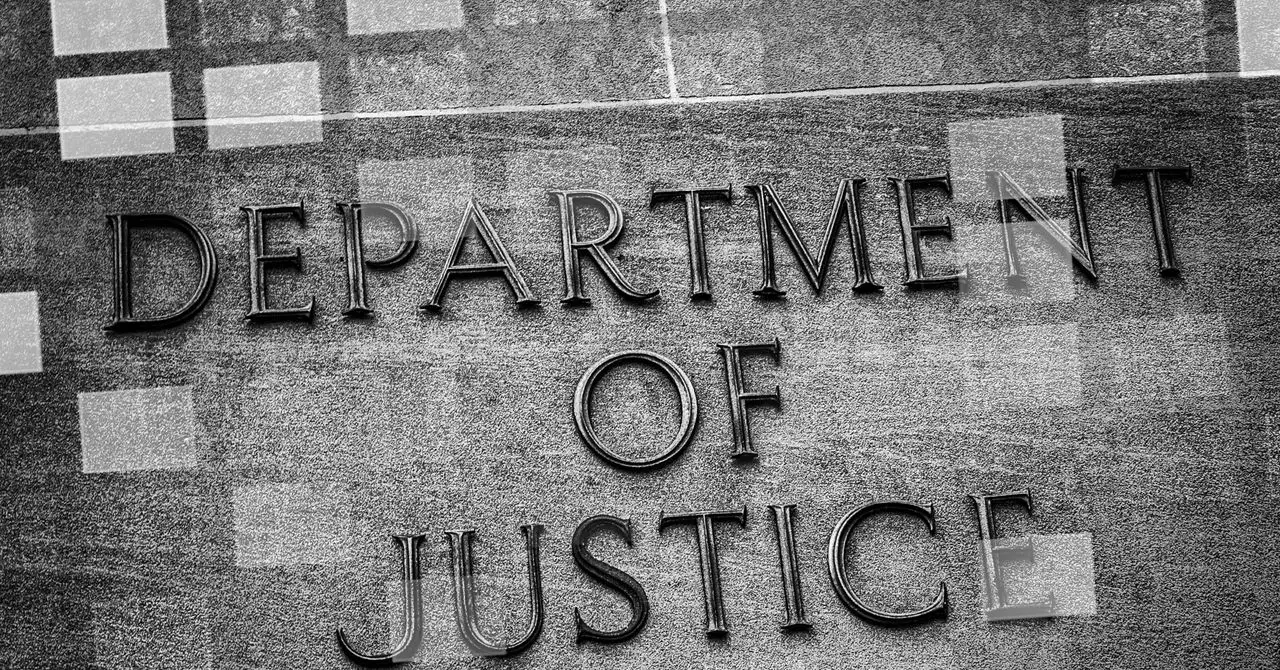The forthcoming trial of top crypto developer Alexander Storm symbolizes a pivotal crossroads in the evolution of decentralized finance and software development. At its heart lies a fundamental question: To what extent is a creator responsible for the misuse of their technology? Prosecutors argue that Storm deliberately created Tornado Cash — a privacy-enhancing tool — knowing it could be exploited for illegal activities, primarily money laundering. They paint a picture of a justice system evolving to hold developers accountable for their creations, regardless of intent or direct involvement. Conversely, Storm’s defense contends that his role was purely technical, emphasizing that developers merely provide tools, not enforcement mechanisms or custodial services.
This dispute challenges the traditional notions of liability, especially within the context of open-source projects. If the government’s interpretation holds—for example, considering Storm akin to a money transmitter—then an entire industry of software development faces potential criminal repercussions. The case underscores an underlying tension about the boundaries of responsibility, a topic that has profound implications for countless programmers, blockchain innovators, and digital rights advocates. The question becomes: should creators of neutral tools bear blame when those tools are exploited by bad actors, or should they be protected by principles of free expression and innovation?
The Broader Implications: A Threat to Innovation and Personal Liberties
The stakes extend well beyond Storm’s personal fate. If found guilty, the implications could reverberate throughout the entire software industry, hampering efforts to develop privacy-preserving technologies, encrypted communications, and decentralized applications. Advocates argue that criminalizing the mere creation and distribution of such software risks pushing innovation underground, stifling the growth of a nascent movement that promises greater personal autonomy in digital spaces.
Describing the potential consequences, supporters liken the trial to a constitutional crisis—an assault on foundational principles of the First and Fourth Amendments. They warn that if simply publishing a protocol for private transactions can land a developer in legal jeopardy, the entire ethos of free software and open innovation could be compromised. Critics also point out the inconsistency of holding Storm responsible while large corporations like Meta or Linux face no comparable criminal culpability for the misuse of their platforms. This discrepancy raises vital questions about fairness and the scope of legal accountability in an interconnected digital world.
Legal Strategies and the Road Ahead: A Battle of Interpretations
As the trial unfolds, it becomes apparent that the key battleground lies in how the law interprets the concept of “money transmission” and the duty of developers. Prosecutors contend that Tornado Cash operated like a for-profit enterprise, effectively functioning as a money laundering service, which Storm knew or should have known. The defense, however, counters that Storm and similar developers merely built an infrastructure—without custody or control over user funds—and that criminal responsibility should not be ascribed to those who do not directly engage in illicit transactions.
Supporters believe that the legal arguments could eventually escalate beyond the trial court, potentially reaching the appellate courts or even the Supreme Court. They argue that nuanced issues of free speech, software liberty, and unintended consequences need careful judicial interpretation. Their optimism is rooted in the belief that rational, constitutional principles will ultimately favor a recognition of the importance of innovation, privacy, and responsible open-source development.
Storm’s unyielding stance — declaring that he bears no regrets — underscores a broader ideological conflict. For him, his work embodies a pursuit of digital freedom, a challenge to centralized control that threatens those in power. Should he be convicted, it could serve as a chilling precedent, dissuading developers from creating tools that empower individuals, and potentially turning the legal landscape into a minefield for innovation.
Concluding Reflection: A Defining Moment or a Misguided Crusade?
This trial is far more than a legal contest; it is a defining moment that could reshape the future of decentralized technology and personal liberty. While the government aims to draw a hard line against illicit use, critics fear that an overly broad interpretation of accountability could silence the very spirit of open-source and peer-to-peer systems. Whether Storm’s conviction—or acquittal—sets a precedent, the outcome will resonate for generations, determining whether the digital renaissance of privacy and personal empowerment survives or is strangled by regulation. The debate is not simply about one developer or one project but about the principles that underpin innovation in the digital age.

